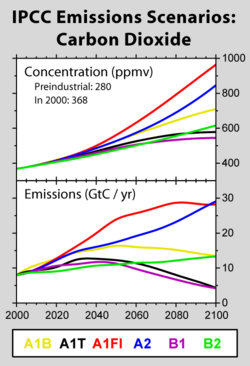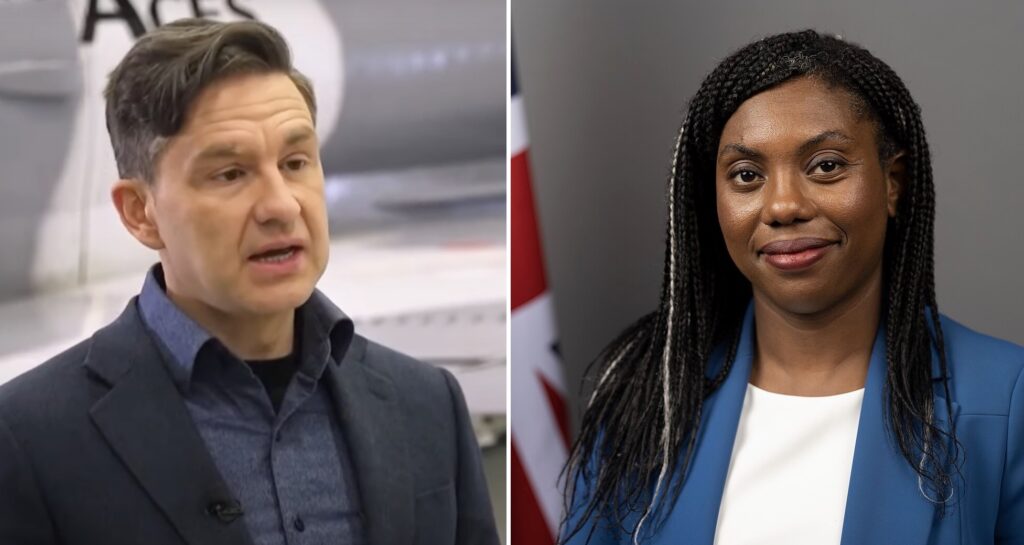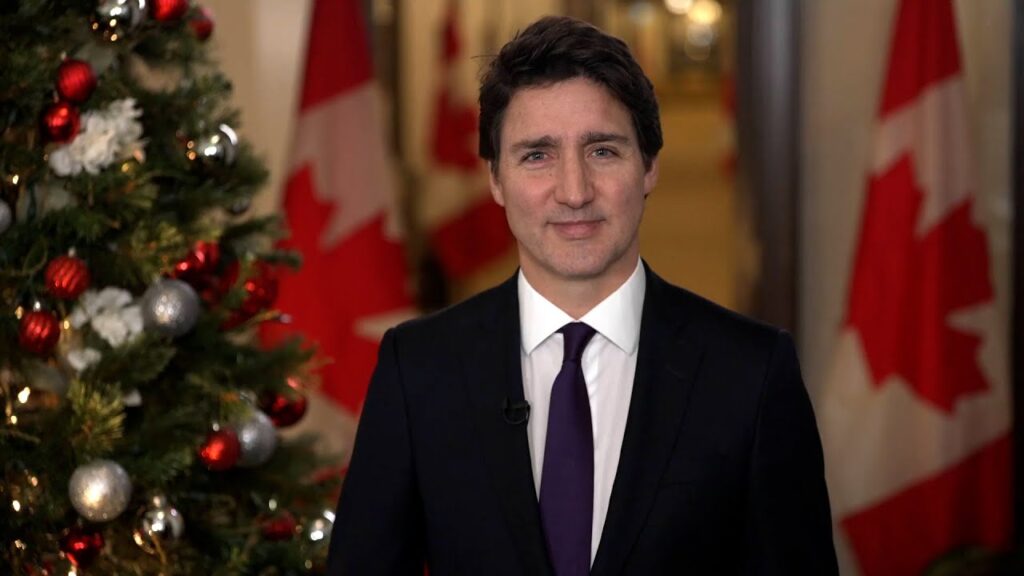Even if you aren’t a dyed in the wool environmentalist, it’s hard not to feel at least somewhat giddy at the prospects of what an Obama presidency could do for climate change.
During the electoral campaign, Obama repeatedly said that he would consider climate change and energy two of his administration’s top priorities. When pressed on the urgency of the economic crisis and the yawning federal deficit, he refused to buckle – arguing that the climate crisis was too critical an issue to kick down the road again.
In the wake of his memorable speech at the Global Climate Summit, only a hardened cynic would dismiss his climate advocacy as an opportunistic campaign ploy.
And, with the recent elevation of Rep. Henry Waxman (D-CA) to the chairmanship of the House Energy and Commerce Committee (replacing long-serving Rep. John Dingell, the notoriously pro-Detroit, regulation-leery Democrat), there’s reason to believe President-elect Obama’s first term could see significant progress on this front.
But before environmentalists start breaking out the party streamers, it’s important to note that they still face a far greater challenge: convincing the bulk of the American population that climate change is, in fact, a grave threat to the nation’s – and the world’s – well-being. And, lest you think that only rightwing, poorly informed Americans see climate change as, at best, a nuisance, a recent study conducted by John D. Sterman, a professor of finance and economics at MIT’s Sloan School of Management, suggests otherwise.
When he asked 212 bright MIT graduate students to give him their best estimate for how much governments should cut greenhouse gas emissions to keep current levels stable, a surprising 84 percent responded with answers that significantly underestimated the level by which most scientists believe they should be reduced.
Even putting aside the fact that most weren’t trained in climatology, that is a worryingly large number of students to miss such an important question. If even some of our best-educated citizens get the climate basics wrong, what can we expect from the rest of the population? As Sterman noted in a review article he penned for Science (sub. required), a 2007 survey found that a small majority of Americans (54 percent) supported a “wait-and-see” or “go slow” approach to emission reduction.
The problem, as Sterman lays out in his piece, is not that Americans fundamentally refuse to acknowledge the existence of climate change (not most of them, at least); it is that many, even the brightest among us, do not understand the underlying dynamics. For example, he explains that most respondents failed to understand the concept of accumulation – the notion that, unless the number of inflows equals the number of outflows (in this case, the addition of greenhouse gas emissions and their removal), a high inflow value means there will be a steady increase in overall capacity, or size, over time.
In the following passage, Sterman analogizes the accumulation of greenhouse gas emissions to an overflowing bathtub:
Knowledge of climatology or calculus is not needed to respond correctly. The dynamics are easily understood using a bathtub analogy in which the water level represents the stock of atmospheric CO2. Like any stock, atmospheric CO2 rises when the inflow to the tub (emissions) exceeds the outflow (net removal), is unchanging when inflow equals outflow, and falls when outflow exceeds inflow. Participants were informed that anthropogenic CO2 emissions are now roughly double net removal, so the tub is filling.
A background in mathematics or the sciences (three-fifths of respondents had degrees in science, technology, engineering or mathematics) did not preclude error. Yet, for its disappointing results, the study does suggest that, with the help of better education and awareness outreach, it might be possible to convince more Americans of the threat posed by unmitigated climate change. Fortunately, this number already appears to be growing.
Several polls taken in recent weeks, for instance, seem to indicate a greater sense of climate change awareness among American voters – a positive trend that could mean there has been some progress in the last year. Indeed, one of the few silver linings of the current economic meltdown has been the record level of support expressed by the public for a “green jobs” and infrastructure program. Though it does not deal with the problem of climate change head-on (nor is it clear to me whether voters are supporting this plan out of concern for the looming climate crisis or purely for economic reasons), it would still be a huge step forward for a country that has done little to address the issue over the last 8 years (albeit not wholly unwillingly).
Call me a jaded old hack, but it is not clear to me whether voters would willingly go along with this program, along with President-elect Obama’s proposed cap-and-trade plan, under different circumstances. If the economy was still chugging along and gas prices were cheap (well, OK, cheaper than they are now), I do not think that a majority of Americans would support stringent emission cuts – especially if it meant higher energy costs over the long run.
So what’s a newly minted administration to do? Well, for one thing, Obama should use the presidential bullhorn – maybe as part of his YouTube “fireside chats” – to educate the public about the need for immediate and concrete climate action. Second, he should appoint a climate czar – a respected scientist who has the demonstrated ability to effectively communicate the risks and underlying science of climate change to a broader public. Assembling a topnotch team of scientific advisors and re-prioritizing research should also be part of his short-term priorities.
While it is perfectly understandable that he would choose to devote most of their early efforts to succoring the ailing economy, he needs to reiterate, as he has admirably done over the past few weeks, that a robust climate change agenda can be part and parcel with his administration’s goal of restoring the United States’ standing in the world. Unlike his predecessor, Obama now has the ability to make good on his responsibility of serving as the nation’s educator-in-chief; educating the public about climate change should be at the top of his list.
Subscribe to our newsletter
Stay up to date with DeSmog news and alerts







